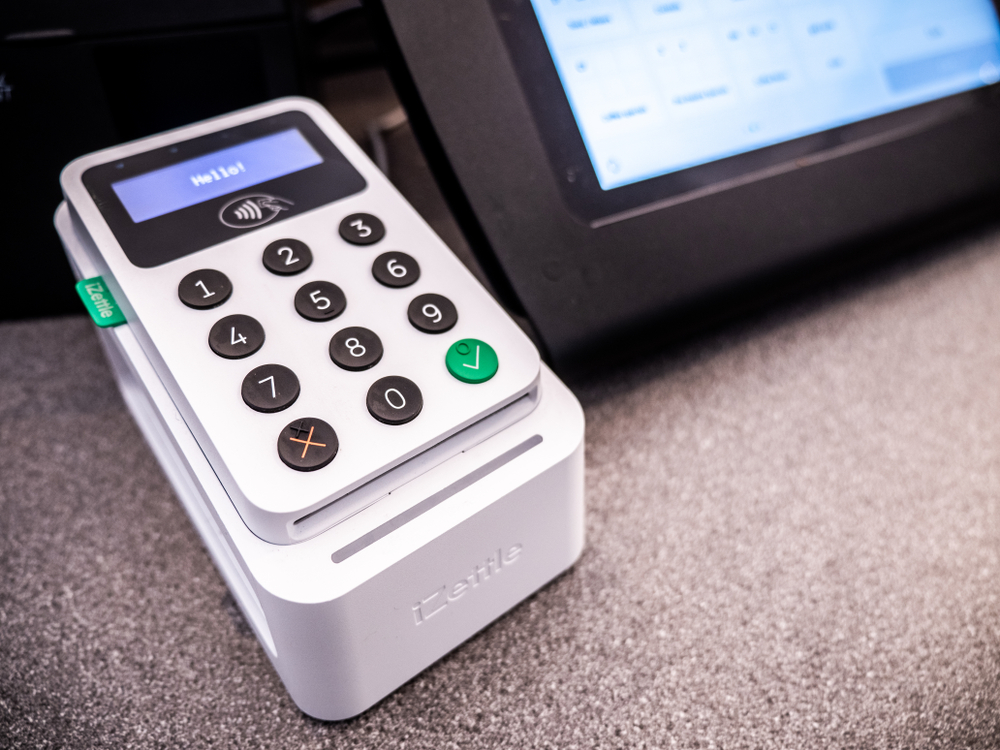Business Energy Prices – How To Save Money
All companies want to maximise their profits and keep overheads to a minimum. To that end, business owners and purchasing managers work hard to find the best deals available to them on a wide range of products and services. Whether it is high-tech machinery, a fleet of vehicles or the office stationery or supply of coffee and tea, the best deal for any business is the one that is the most cost effective and sustainable in the long-term. If the franking machine or photocopier can be got more cheaply elsewhere, or if a competing supplier is offering better rates on a telephone system contract or vehicle tracking package, it stands to reason that the best thing to do is to make the switch and start saving money.
It seems unusual then that many businesses do not apply this same principle to their business energy supply. Bills for electricity and gas comprise a significant proportion of most business’ day to day expenditure, and yet many business owners don’t realise that they may very well be paying far more than is necessary. By comparing the amount that is currently spent on business energy with packages offered by rival suppliers, a business stands to cut its running costs considerably. In fact, it is often the case that a company can save as much as 30% on its energy bills by switching business energy suppliers.
Save on business electricity and gas
Since the deregulation of the energy industry in the 1990s it has been possible for business owners, as well as homeowners, to sign up with the electricity or gas supplier of their choosing. There is no reason why your company needs to stay with the same provider if there are better electricity and gas prices available elsewhere.
And yet switching suppliers can be a time-consuming process, particularly if you go the long way round and contact each individual supplier yourself. Anything that can be done to simplify the process of finding a better business energy deal is worth investigating, and increasingly business owners and purchasing managers are choosing to use one single resource that allows them to compare quotes from energy suppliers.
However, before requesting quotes, it is worth having an understanding of the exact ways in which your business uses energy, so that the suitable deal can be found. For example, if your company is a small business that uses premises that does not include a kitchen you are not likely to need a package that includes a gas supply. Also, remember that most businesses consume far greater quantities of electricity, and sometimes gas, than a typical home. This puts you in a stronger negotiating position when it comes to dealing with energy providers and striking the best deal for your company.
What type of energy user is your business?
Business energy suppliers will either tailor a quote to precisely meet the demands of your company, or they will offer you a particular tariff based on the type of energy user your company corresponds to. Essentially, this means that energy companies provide different packages for small, medium and large businesses. In many cases, a small to medium energy user is one that spends less than £25,000 a year on electricity or £15,000 a year on gas, has fewer than 20 sites, or doesn’t use an hourly meter. A business that is classified as a large energy user is one that spends in excess of £25,000 a year on electricity or £15,000 a year on gas, or has 20-plus sites or uses an hourly meter.
Who are the leading business energy suppliers?
As with domestic energy, the big six are all leading suppliers of business energy. British Gas, Scottish and Southern Energy (SSE), Scottish Power, EDF Energy, npower business and E.ON all provide packages tailored for small, medium and large businesses. However, there are also a great many other smaller providers in the business energy market, including Haven, CNG, Gazprom, Total, Opus and Corona & Dual Energy, that may be able to offer your business a more competitive package.
How to find the best deal for your business
As with business products and services such as franking machines and telephone systems, the best way to find the most cost effective option available to your business is to compare quotes from a selection of different suppliers. Analyse the specifics of each quote, and determine which one is offering the package that best suits the needs of your business, and you will be in a position to make a choice that could very well result in your company making considerable savings in the long term.



